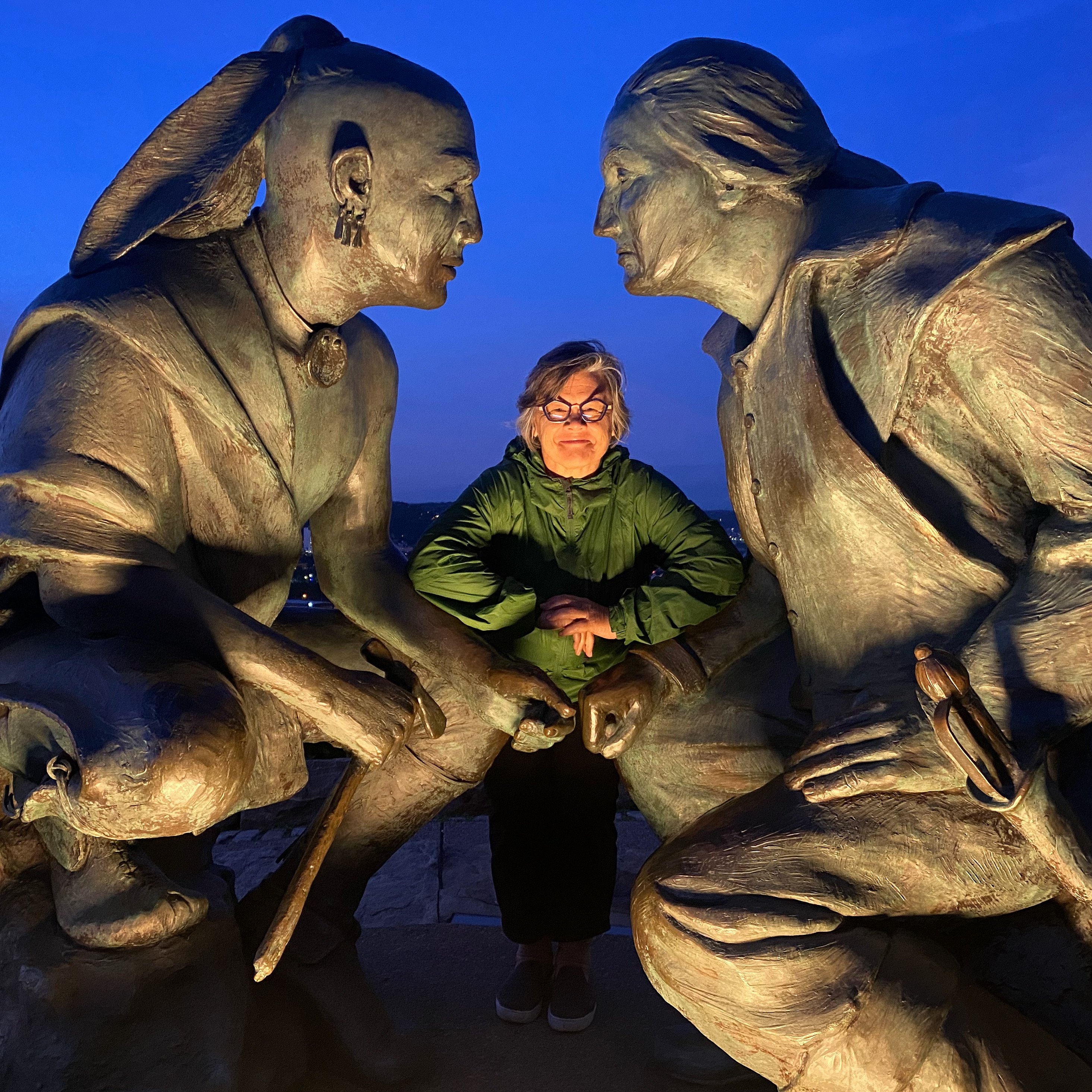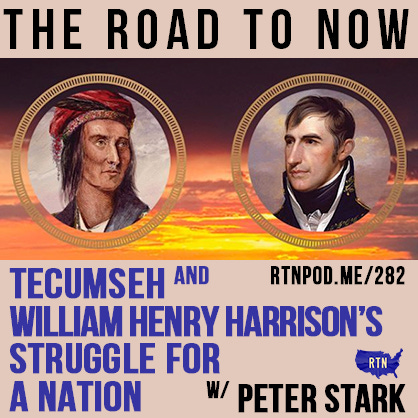Hello readers!
If you’ve been missing me on “the socials” most of my online activity is at my two free email newsletters. I narrate every newsletter, so you can listen in the Substack app or in your favorite podcatcher.
What I’ve been Reading
I’ve been immersed in all things related to the Ohio River as I pitch a book on the racial legacy of the country’s longest slavery border (north of the Ohio River was slavery-free per the Northwest Ordinance in 1787, all 981 miles of it).
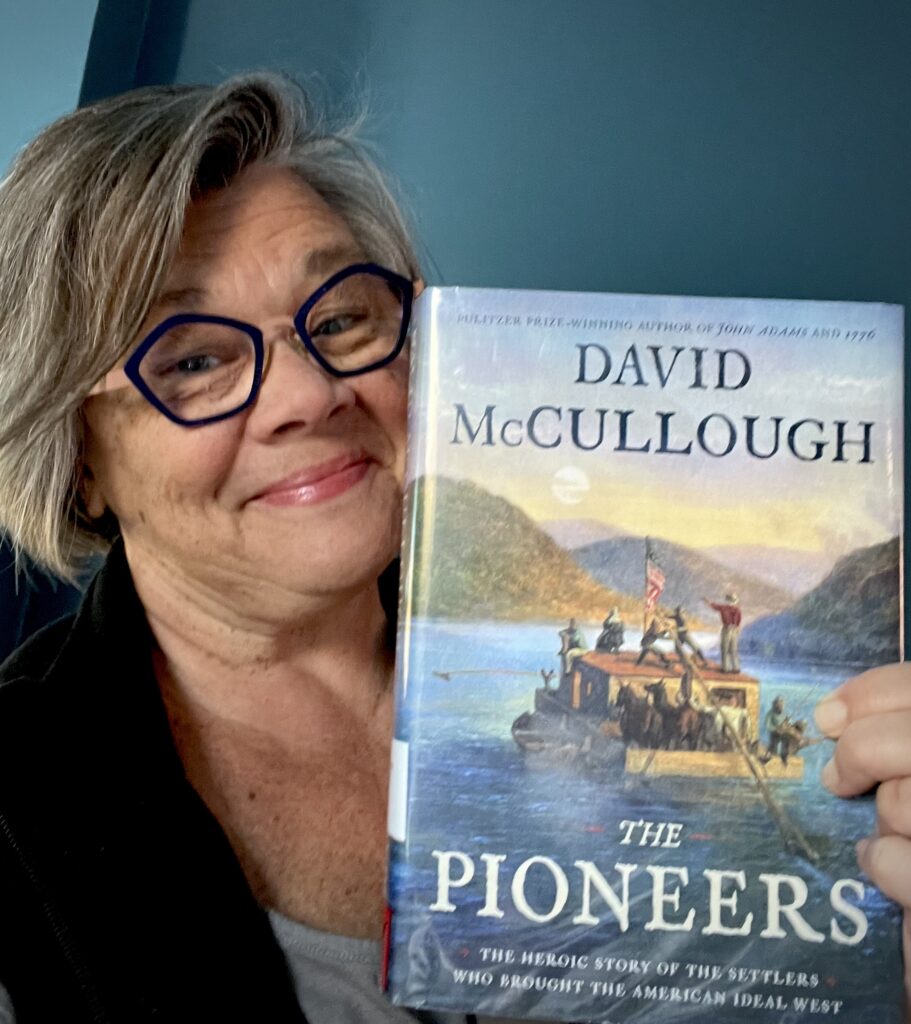
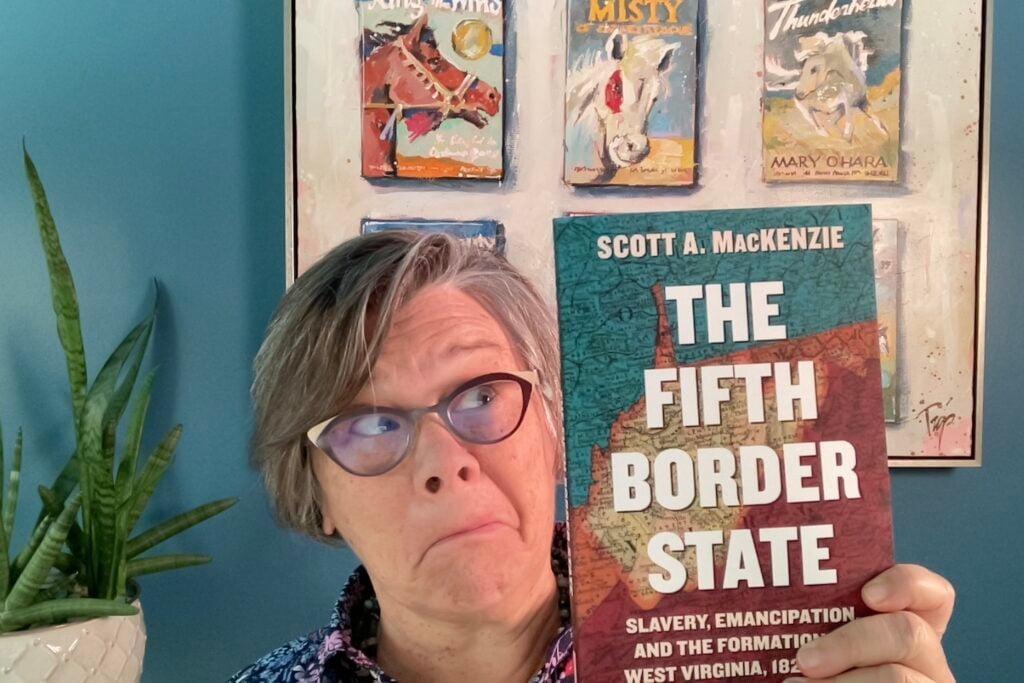
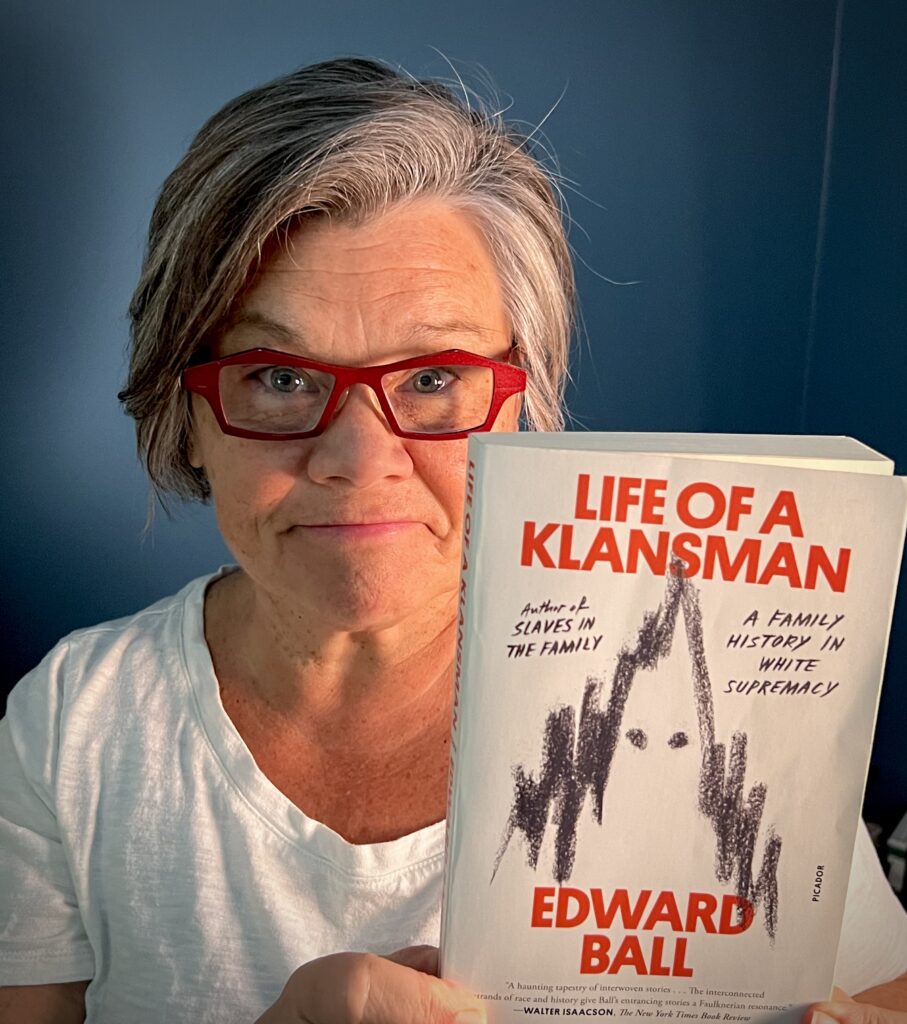
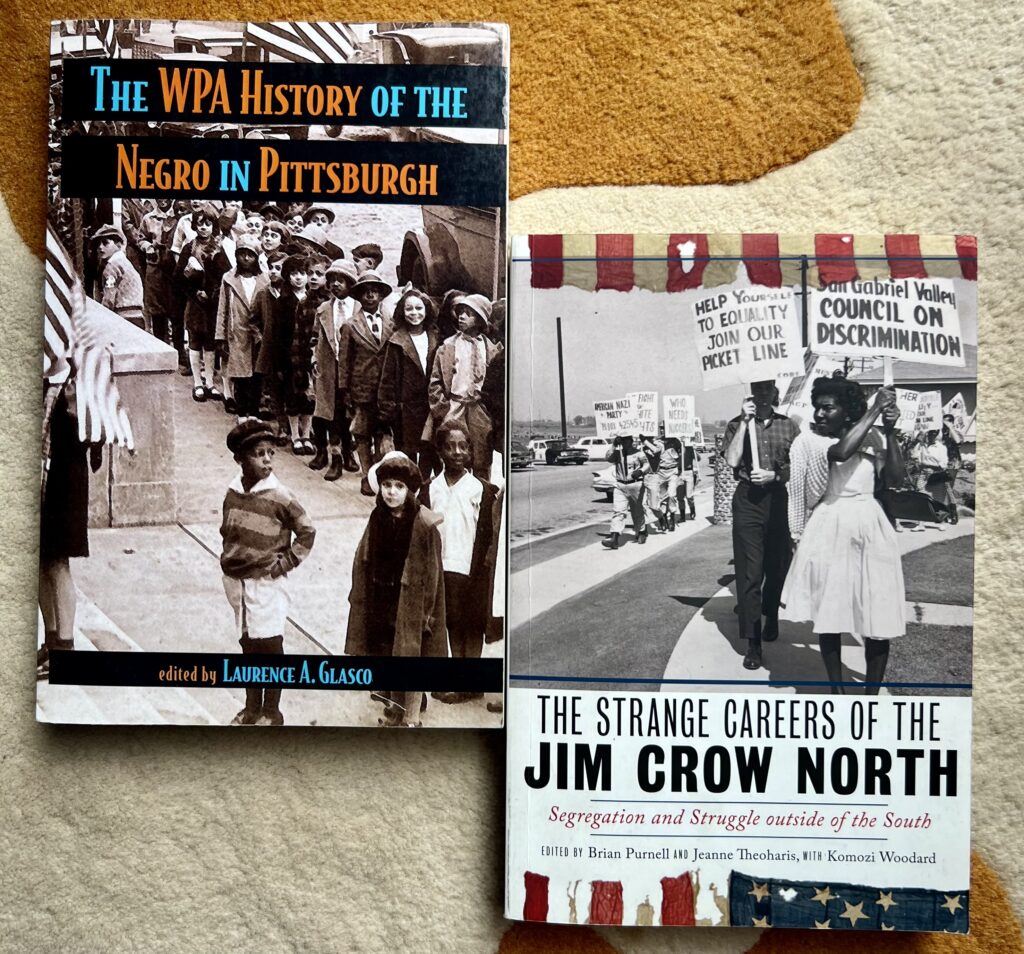
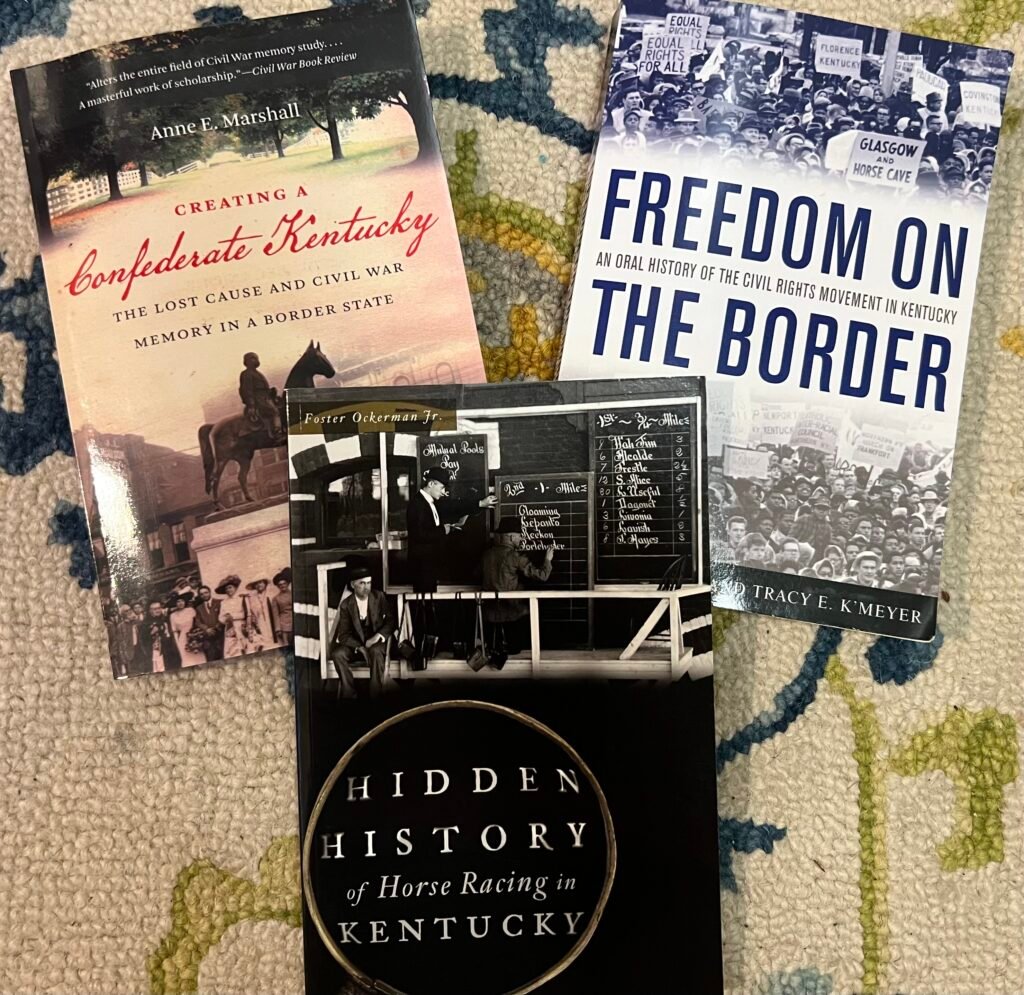
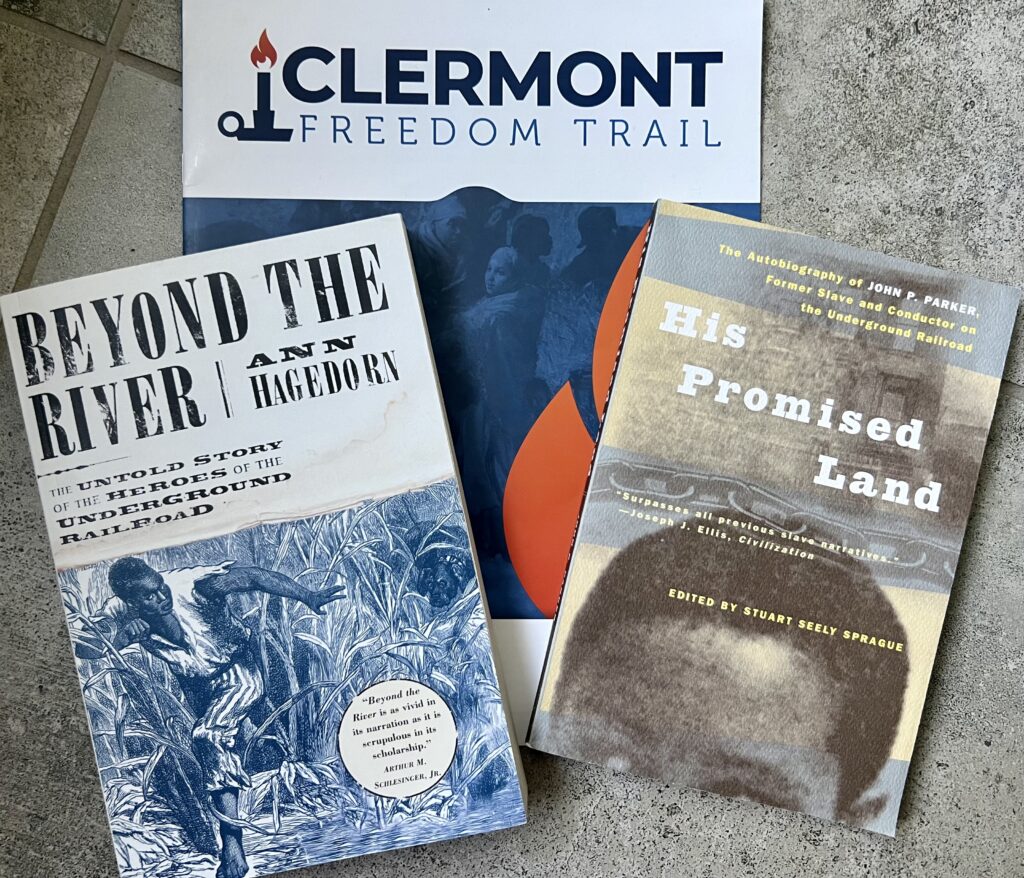
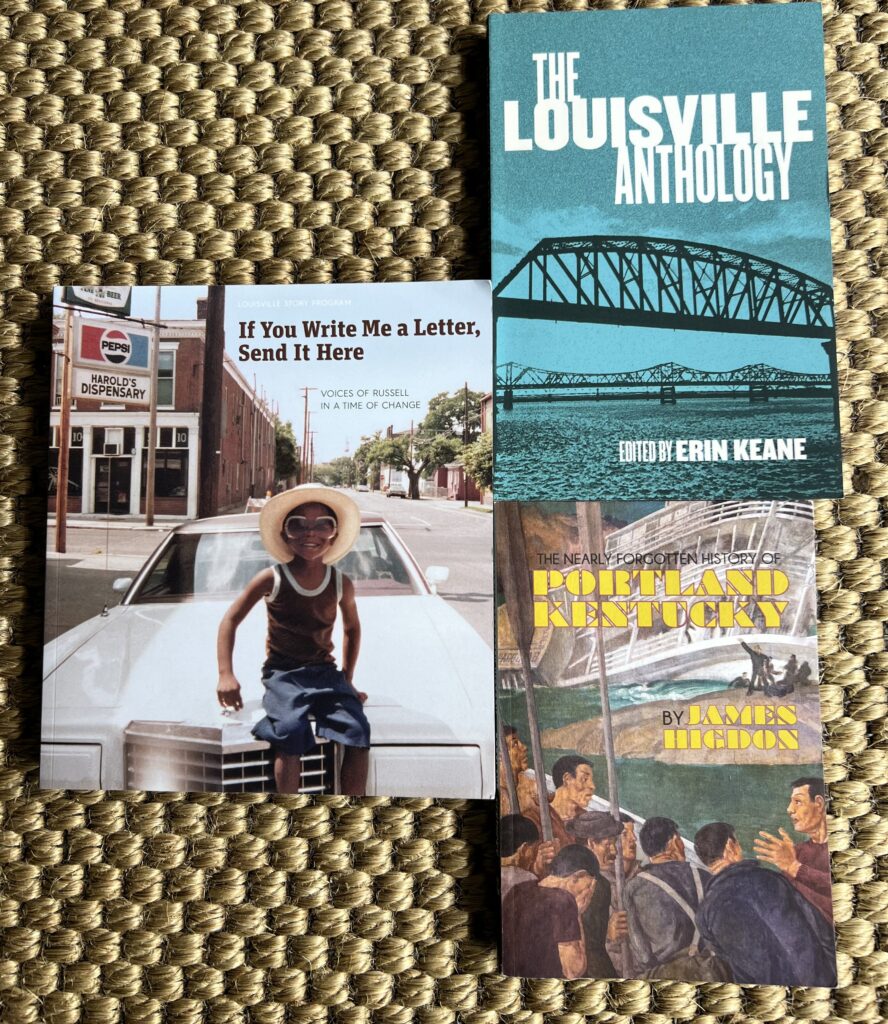
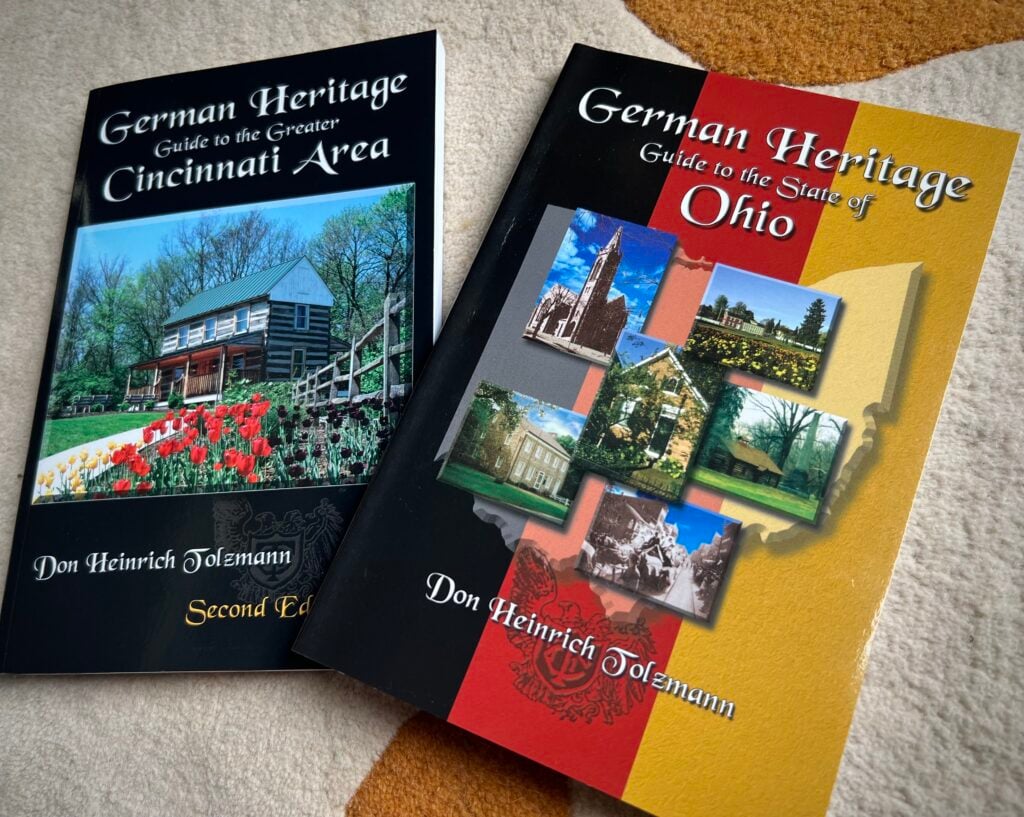
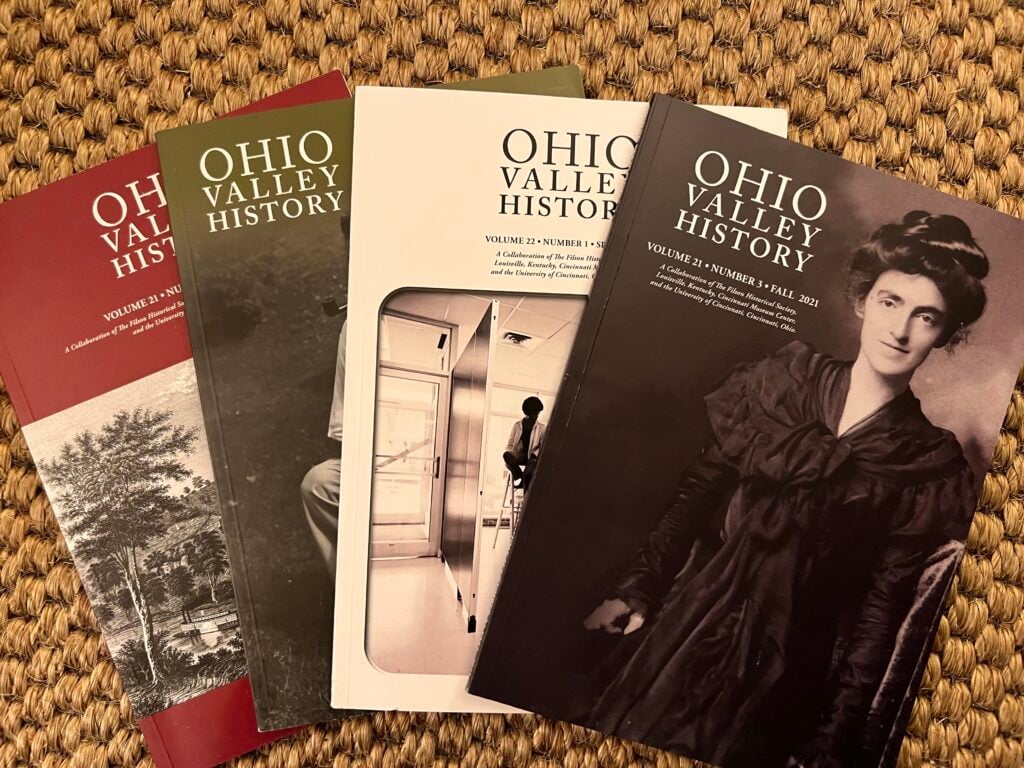
If you follow my 981 Project, you’ll get book recommendations like these:
Creating a Confederate Kentucky, explains why Kentucky behaves like a former Confederate state up to the present day, although it never seceded. This identity didn’t begin to form until the war was over. I’m being simplistic here, but in a nutshell, white Kentuckians had expected to be rewarded for their loyalty to the Union by being permitted to remain a slave state. They are still wrestling with that today.
Beyond the River brings to life the stories of men and women, both Black and white, who fought against slavery along the Ohio River through the Ripley line of the Underground Railroad, one of the busiest in the region. Virginia’s ownership of the area around Ripley, known as the the Virginia Military District, was set aside for veterans of the Revolutionary War. When the Northwest Territory was established as slavery-free, several Virginia slaveholders freed them, then paid them in food, clothing, shelter and money for their work. Some of the formerly enslaved made their homes there with the white settlers and others set up colonies of their own.
His Promised Land is a slave narrative from John P. Parker, who may be the most interesting American ever born. Born to an enslaved mother and a white Virginian that Mr. Parker described as an “aristocrat,” he was sold at the age of eight and eventually bought his freedom after many harrowing runaway attempts detailed in the book. When he made it to Ohio, he literally worked day and night; by day as an inventor and business owner, and by night as a conductor on the Underground Railroad. He was issued US patents for an improved tobacco press, a portable tobacco press, and soil pulverizer, and used his earnings to send his sons to university. Someone should make a biopic of him.
Podcasts I Love
The Road To Now is not focused on a particular era, region, or theme, but it always holds my attention and makes me reconsider something I thought was settled fact. Hosted by Dr. Benjamin Sawyer, a history professor (and stand-up comedian!) and Bob Crawford, a founding member of The Avett Brothers band, their banter is intelligent and well informed.
In light of my newsletter on Tecumseh, I was buzzy listening to an interview with author Peter Stark, with a new book about Tecumseh and Harrison.
The Rest is History is worth listening to for the repartee alone! Historian and author Dominic Sandbrook and popular historian Tom Holland (both Brits) are serious scholars with a jocular chemistry. I love them. You’ll find a diverse range of subjects and eras. Here’s one about the American Revolution from an English perspective that includes ground I’ve previously covered about the French and Indian War (featuring George Washington).
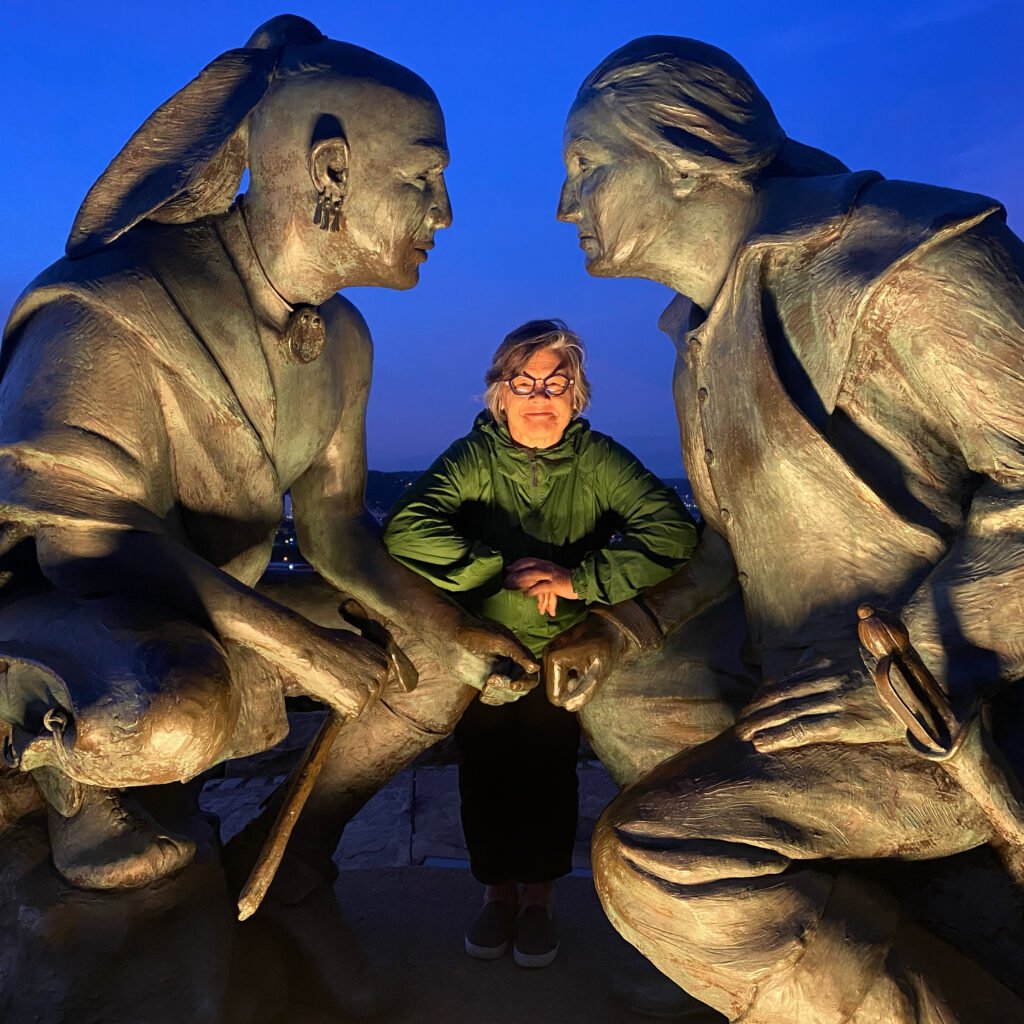
“Point of View” in Pittsburgh, PA.
Left is the Seneca leader Guyasuta, right is George Washington when a British officer.
That’s it for me this quarter. Next time I write here I’ll be tanned and rested from a sojourn in Barbados. Until then…Tamela
